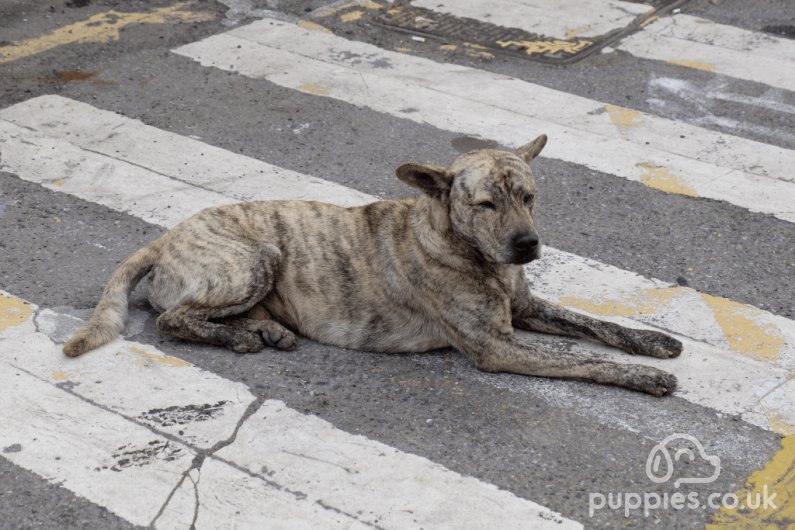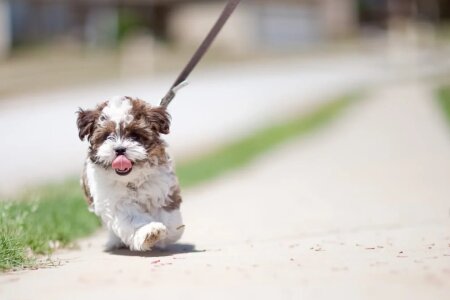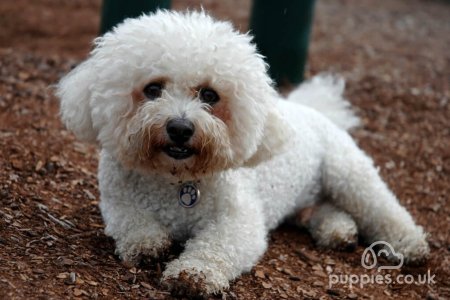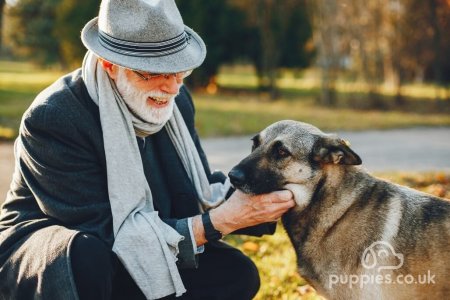6 Things Any Senior Dog Owner Should Know

Getting older is a fact of life. As sad as it may be to see your dog getting a little slower and with a little less puppy energy, how you deal with the transition from adult dog to senior is vital to ensuring that your dog enjoys his golden years. With a little care and extra attention, you can make his senior years long and healthy.
Here are a few things you can do to ensure that your dog has good, quality time with you as he gets older.
Look Out For The Signs Of Ageing
Watch out for signs of ageing in your dog. For most dogs, this comes around seven to ten years old though it can be different depending on the breed. The main signs that your dog is reaching his senior years are greying of the muzzle, being slower than he used to be and stiff joints. You might also notice issues with his hearing and sight.
Once you spot signs of ageing, it is essential to adjust your dog’s routine accordingly. You should also make sure to take action to limit any health problems that can occur in your dog’s senior years.
Having Him Checked Regularly By The Vet
Once you spot signs of ageing if there is anything you are particularly concerned about it is best to have a vet check him over. The most common issue for senior dogs is arthritis and, just as with humans, there are medications and treatments available to ensure that this does not have too significant an impact on his life.
Your vet will be able to recommend the best course of action to take. This may be a combination of exercise and medication, but it depends entirely on your dog. The important thing is to listen to the vet’s advice.
Tailor His Food
A senior dog needs different vitamins, minerals and nutrients than a puppy or adult dog. You should start to adjust his food as soon as you spot signs of ageing to ensure that he is getting the nourishment he needs to keep him healthy. He will also likely need easier to chew and digest food so you should always keep this in mind.
An excellent option for older dogs is senior raw dog food. Bella & Duke tailor their food to your dog’s specific requirements with all-natural ingredients and plenty of anti-ageing vitamins and antioxidants. What your dog eats is incredibly important no matter his age, but ensuring that he gets a varied, healthy diet as he gets older is crucial.
Keep Him Active
When your senior dog starts to slow down, it may be tempting to let him relax at home rather than take him out in the cold or rain. While it is important to make sure he stays warm and dry as much as possible, you should never forgo walks.
Allowing your dog to relax at home can cause excessive weight gain, which is even more dangerous in older dogs. It can also cause arthritis to worsen. The best thing you can do for your dog is to ensure that he continues to go for walks daily.
It would be best if you tailored these walks to him. Listen to your dog, and if he seems to be tiring, then it may be time to go home. The important thing is that he gets regular exercise, even if it is much lighter exercise than he had as a younger dog.
Take Extra Care With His Teeth
Just as with humans, good dental health is essential to a happy and healthy life for your dog. You should take more care with his teeth as he gets older as losing teeth or tooth problems can cause his discomfort and problems when eating.
Try to brush his teeth every day if he will let you. You can buy specialist dog dental kits for doing this. If he doesn’t allow you to brush his teeth, you could invest in some chew toys or treats that are designed to reduce plaque and keep his teeth healthy.
Make Adjustments For Him
Your dog may need more help getting around as he enters his golden years. A common side effect of arthritis, and ageing in general, is him finding it difficult to jump and climb as easily. You could consider getting steps or ramps to help your dog to get into the car or onto the bed or sofa.
If your dog is struggling with his eyesight, it would be a good idea to put padding on any sharp corners or edges that he may walk into, and remove any unnecessary furniture or objects. You could also consider wearing something that makes noise when you move so that your dog will always know where you are, even if he can’t see you.











